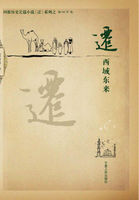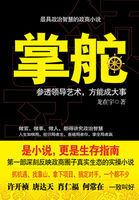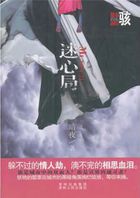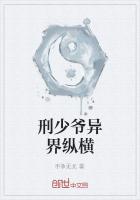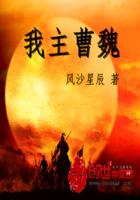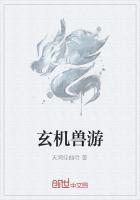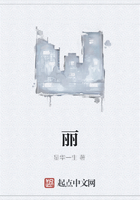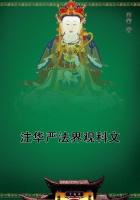There was no one at any of the tables nearest to them. It was not wise even to be seen in the neighbourhood of such people. They were sitting in silence before glasses of the gin flavoured with cloves which was the speciality of the café. Of the three, it was Rutherford whose appearance had most impressed Winston. Rutherford had once been a famous caricaturist, whose brutal cartoons had helped to inflame popular opinion before and during the Revolution. Even now, at long intervals, his cartoons were appearing in . They were simply an imitation of his earlier manner, and curiously lifeless and unconvincing. Always they were a rehashing of the ancient themes — slum tenements, starving children, street battles, capitalists in top hats — even on the barricades the capitalists still seemed to cling to their top hats an endless, hopeless effort to get back into the past. He was a monstrous man, with a mane of greasy grey hair, his face pouched and seamed, with thick negroid lips. At one time he must have been immensely strong; now his great body was sagging, sloping, bulging, falling away in every direction. He seemed to be breaking up before one’s eyes, like a mountain crumbling.
It was the lonely hour of fifteen. Winston could not now remember how he had come to be in the café at such a time. The place was almost empty. A tinny music was trickling from the telescreens. The three men sat in their corner almost motionless, never speaking. Uncommanded, the waiter brought fresh glasses of gin. There was a chessboard on the table beside them, with the pieces set out but no game started. And then, for perhaps half a minute in all, something happened to the telescreens. The tune that they were playing changed, and the tone of the music changed too. There came into it — but it was something hard to describe. It was a peculiar, cracked, braying, jeering note: in his mind Winston called it a yellow note. And then a voice from the telescreen was singing:
The three men never stirred. But when Winston glanced again at Rutherford’s ruinous face, he saw that his eyes were full of tears. And for the first time he noticed, with a kind of inward shudder, and yet not knowing at what he shuddered, that both Aaronson and Rutherford had broken noses.
A little later all three were re-arrested. It appeared that they had engaged in fresh conspiracies from the very moment of their release. At their second trial they confessed to all their old crimes over again, with a whole string of new ones. They were executed, and their fate was recorded in the Party histories, a warning to posterity. About five years after this, in 1973, Winston was unrolling a wad of documents which had just flopped out of the pneumatic tube on to his desk when he came on a fragment of paper which had evidently been slipped in among the others and then forgotten. The instant he had flattened it out he saw its significance. It was a half-page torn out of of about ten years earlier — the top half of the page, so that it included the date — and it contained a photograph of the delegates at some Party function in New York. Prominent in the middle of the group were Jones, Aaronson, and Rutherford. There was no mistaking them, in any case their names were in the caption at the bottom.
The point was that at both trials all three men had confessed that on that date they had been on Eurasian soil. They had flown from a secret airfield in Canada to a rendezvous somewhere in Siberia, and had conferred with members of the Eurasian General Staff, to whom they had betrayed important military secrets. The date had stuck in Winston’s memory because it chanced to be midsummer day; but the whole story must be on record in countless other places as well. There was only one possible conclusion: the confessions were lies.
Of course, this was not in itself a discovery. Even at that time Winston had not imagined that the people who were wiped out in the purges had actually committed the crimes that they were accused of. But this was concrete evidence; it was a fragment of the abolished past, like a fossil bone which turns up in the wrong stratum and destroys a geological theory. It was enough to blow the Party to atoms, if in some way it could have been published to the world and its significance made known.
He had gone straight on working. As soon as he saw what the photograph was, and what it meant, he had covered it up with another sheet of paper. Luckily, when he unrolled it, it had been upside-down from the point of view of the telescreen.
He took his scribbling pad on his knee and pushed back his chair so as to get as far away from the telescreen as possible. To keep your face expressionless was not difficult, and even your breathing could be controlled, with an effort: but you could not control the beating of your heart, and the telescreen was quite delicate enough to pick it up. He let what he judged to be ten minutes go by, tormented all the while by the fear that some accident — a sudden draught blowing across his desk, for instance — would betray him. Then, without uncovering it again, he dropped the photograph into the memory hole, along with some other waste papers. Within another minute, perhaps, it would have crumbled into ashes.
That was ten — eleven years ago. Today, probably, he would have kept that photograph. It was curious that the fact of having held it in his fingers seemed to him to make a difference even now, when the photograph itself, as well as the event it recorded, was only memory. Was the Party’s hold upon the past less strong, he wondered, because a piece of evidence which existed no longer had once existed?

